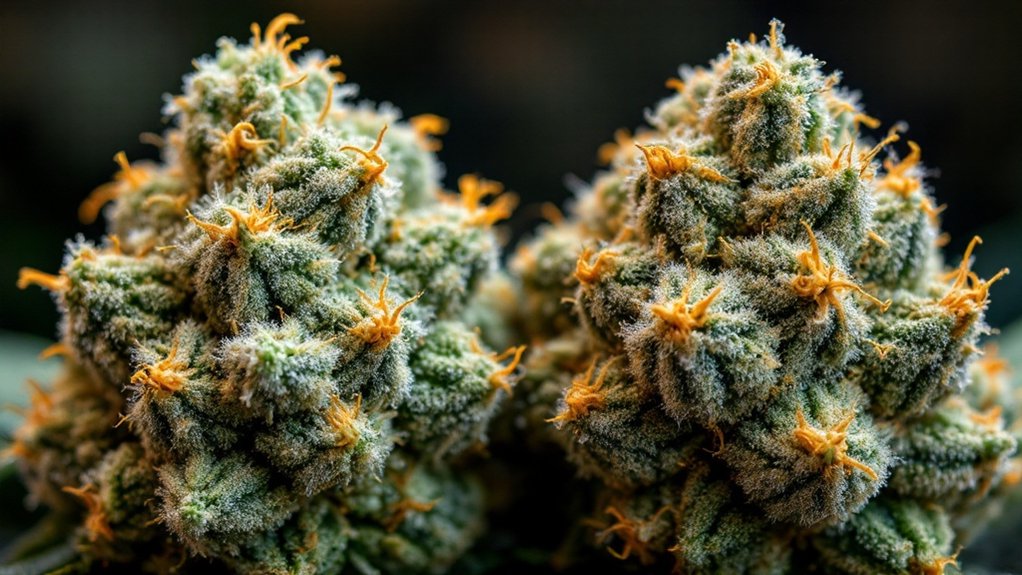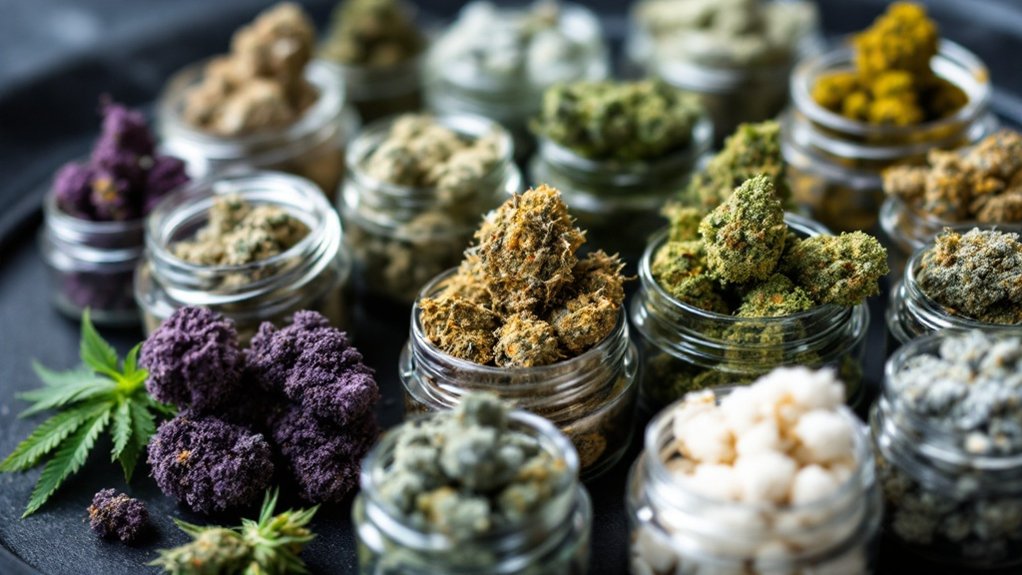CBD and hemp businesses require specialized payment processors due to their high-risk classification by financial institutions. Companies like Square, Payanywhere, Segpay, and Finix offer tailored solutions that support major credit card brands while ensuring regulatory compliance. These processors provide competitive rates, transaction security, and expedited settlement times despite industry banking restrictions. Essential features include 3-D Secure authentication, fraud detection tools, and chargeback management systems designed for the unique challenges facing hemp entrepreneurs. The expanding market continues to drive innovation in financial services for this growing sector.

While the CBD and hemp industry continues to expand rapidly across the United States, businesses operating in this sector face unique challenges when it comes to payment processing and financial operations. Despite the 2018 Farm Bill partially legalizing hemp-derived CBD, most financial institutions still classify these products as “high-risk” due to ongoing regulatory uncertainties and state-by-state legal discrepancies. This classification often results in banks refusing to provide even basic financial services to CBD merchants, creating significant operational hurdles.
Despite federal hemp legalization, CBD businesses face severe banking restrictions due to their high-risk classification and regulatory complexities.
The complex regulatory landscape has given rise to specialized payment processors that cater specifically to the CBD and hemp industry. Companies such as Square, Payanywhere, Segpay, and Finix have developed tailored solutions that support major credit card brands like Visa, Mastercard, and Discover, as well as popular digital wallets. Square offers merchants the ability to create free online stores specifically designed for CBD products through Square Online. These processors understand the unique needs of CBD businesses and offer both retail and e-commerce payment options with competitive rates, transaction security protocols, and expedited settlement times.
CBD merchants require payment gateways specifically authorized for high-risk industries to process card transactions effectively. These gateways must incorporate additional compliance features such as 3-D Secure authentication and multi-currency support. Integration capabilities with popular e-commerce platforms and physical point-of-sale systems are essential, as are built-in fraud detection tools to minimize transaction risks. The CBD market’s projected growth rate of 27.4% CAGR through 2026 has increased demand for reliable payment solutions that can scale with rapidly expanding businesses.
Comprehensive payment solutions accommodate various CBD product categories including supplements, oils, topicals, pet products, and skincare items. Multi-channel support enables businesses to accept payments across all sales environments: online storefronts, in-person retail locations, and remote transactions via payment links. Virtual terminals and mobile payment compatibility provide flexibility for merchants operating in non-traditional sales environments.
Compliance remains a critical component of CBD payment processing. Providers typically implement rigorous checks during the merchant onboarding process to verify that products meet federal and state regulations. Businesses must accurately report THC content and adhere to local hemp laws to maintain account legitimacy and prevent sudden service terminations. Leading processors offer continuous compliance monitoring and 24/7 support to help merchants navigate regulatory changes.
Effective payment solutions for CBD businesses also address the industry’s higher-than-average chargeback rates through specialized dispute management tools. These features help protect merchants from fraudulent claims while maintaining positive relationships with genuine customers, ensuring sustainable financial operations in this challenging but rapidly growing market sector.
Frequently Asked Questions
What Are the Legal Distinctions Between CBD and Marijuana Products?
Legal distinctions between CBD and marijuana products center on their source and THC content.
CBD is federally legal only when derived from hemp containing 0.3% or less THC by dry weight, as established by the 2018 Farm Bill.
Marijuana, regardless of its THC concentration, remains a Schedule I controlled substance under federal law.
While hemp-derived CBD has gained legal standing nationally, marijuana products remain subject to state-by-state legalization frameworks that vary considerably across jurisdictions.
How Do International Shipping Regulations Impact CBD Businesses?
International shipping regulations create significant challenges for CBD businesses due to the complex patchwork of laws across different countries.
CBD’s legal status varies globally, with differing THC thresholds and product restrictions complicating compliance efforts. Major carriers impose their own policies, often more restrictive than government regulations.
Businesses must navigate extensive documentation requirements, including laboratory testing certificates and proper labeling. These regulatory hurdles increase operational costs and limit market access, directly impacting profitability and growth potential.
Can CBD Merchants Use Traditional Accounting Software Solutions?
CBD merchants can use traditional accounting software like QuickBooks for basic financial management, though these solutions lack cannabis-specific compliance features.
Most standard platforms require integration with specialized seed-to-sale or ERP solutions such as Flourish or Backbone to fulfill industry-specific requirements.
The absence of native support for cannabis-specific chart of accounts increases the risk of accounting errors, particularly related to IRS Section 280E regulations.
Many businesses find success with hybrid approaches that combine traditional software with industry-specific platforms.
What Insurance Requirements Exist Specifically for Hemp Product Sellers?
Hemp product sellers face specific insurance requirements including general liability, product liability, commercial property, and cyber insurance coverage.
These policies protect against bodily injury claims, product defects, and damage to physical assets.
Regulatory compliance is essential, with carriers typically only covering products containing 0.3% THC or less.
Insurance needs vary by state due to evolving regulations.
Specialized hemp insurance policies are designed to address the unique risks faced by businesses selling hemp-derived products throughout the supply chain.
Are There Special Tax Considerations for Cbd/Hemp Inventory Management?
CBD/hemp businesses face distinct tax considerations for inventory management. Unlike marijuana businesses, they can deduct ordinary business expenses without Section 280E restrictions.
Properly tracking Cost of Goods Sold (COGS) is essential, as it includes direct production costs and indirect manufacturing expenses that reduce taxable income.
Year-end inventory optimization strategies, such as moving high-demand products and clearing aging stock through promotions, can greatly minimize tax liabilities.
Regular inventory audits and specialized management software guarantee compliance with GAAP accounting standards.









